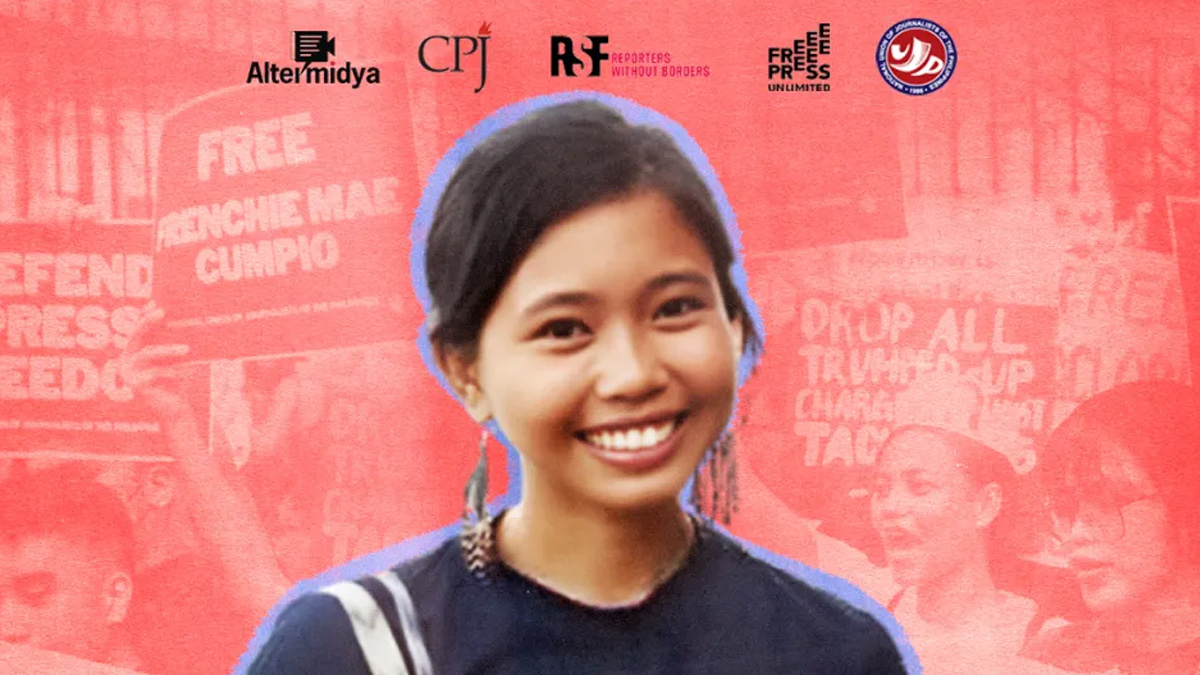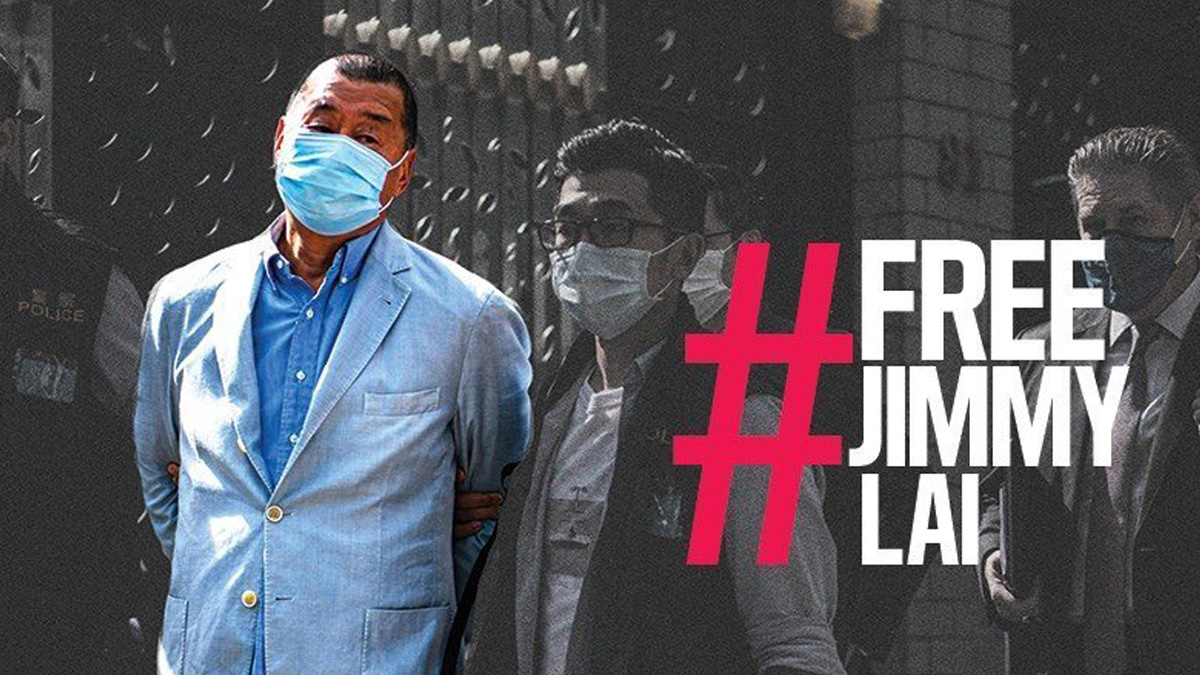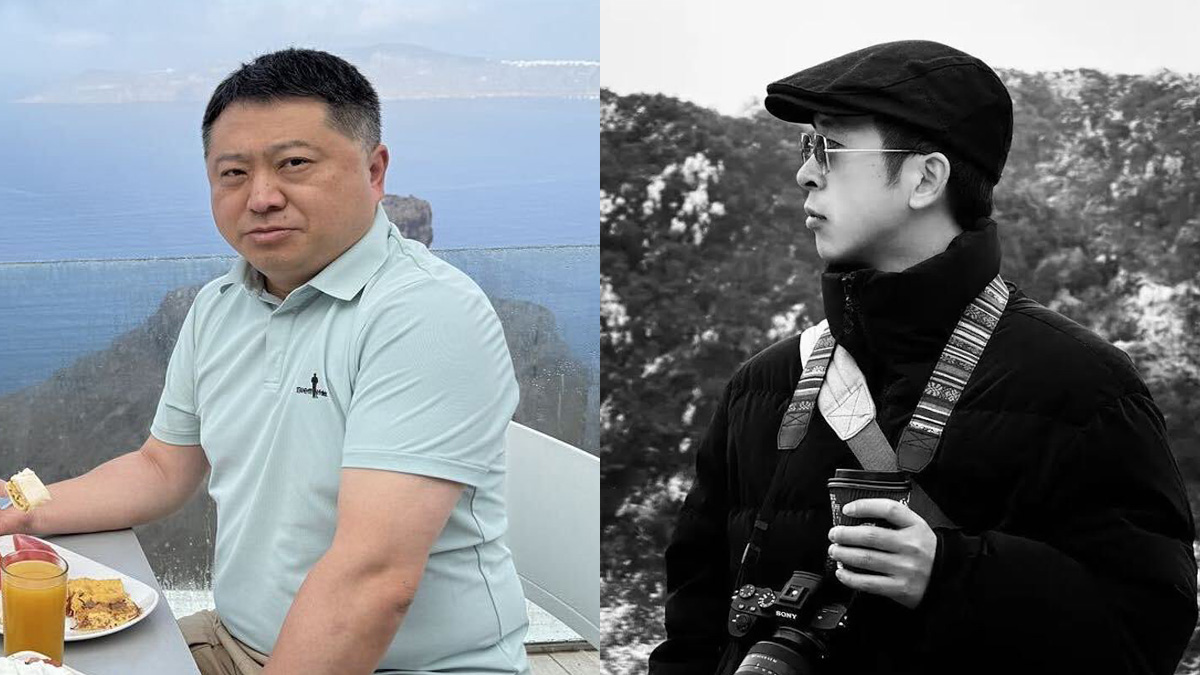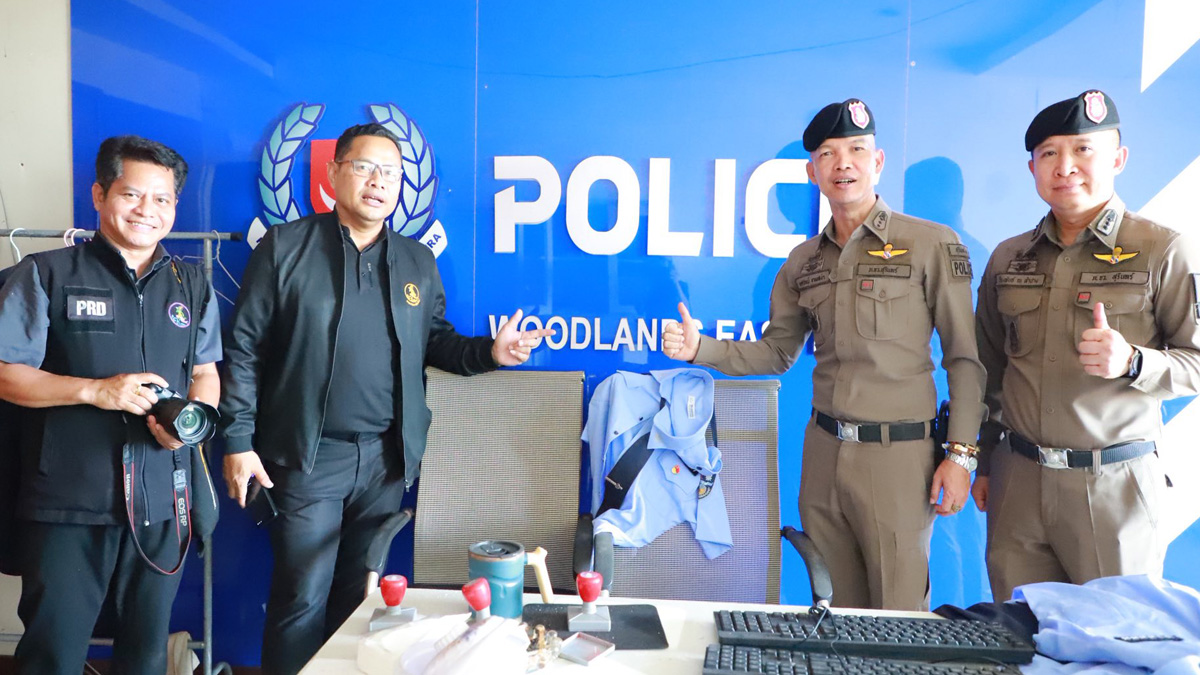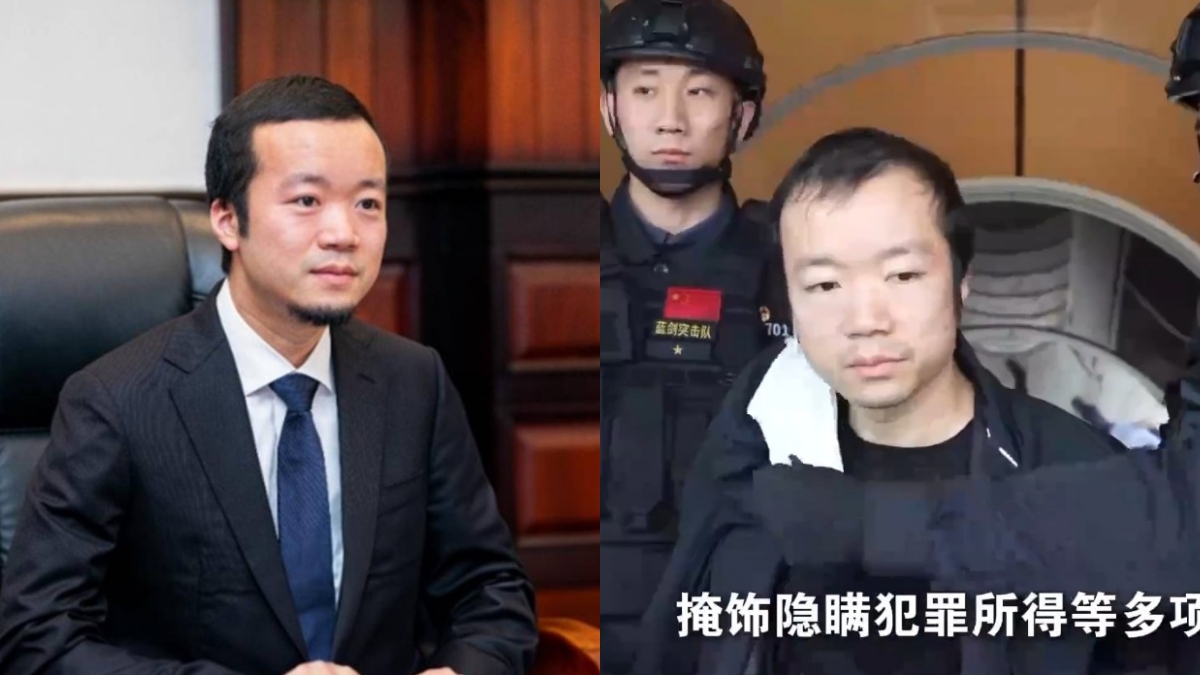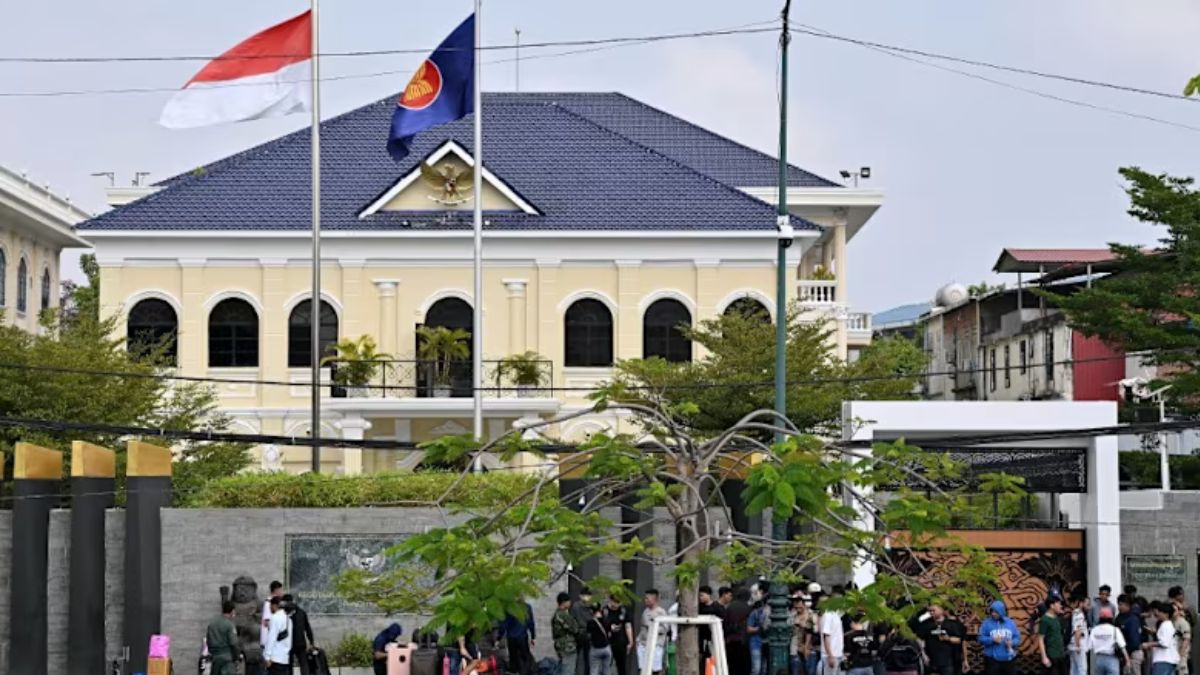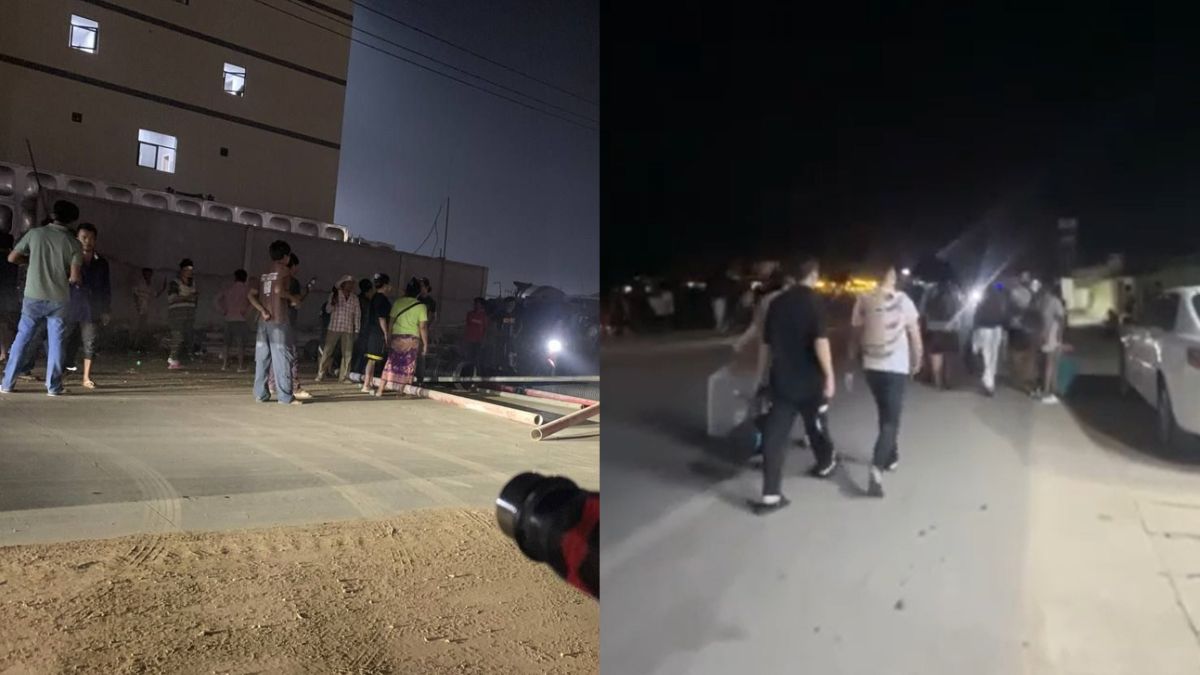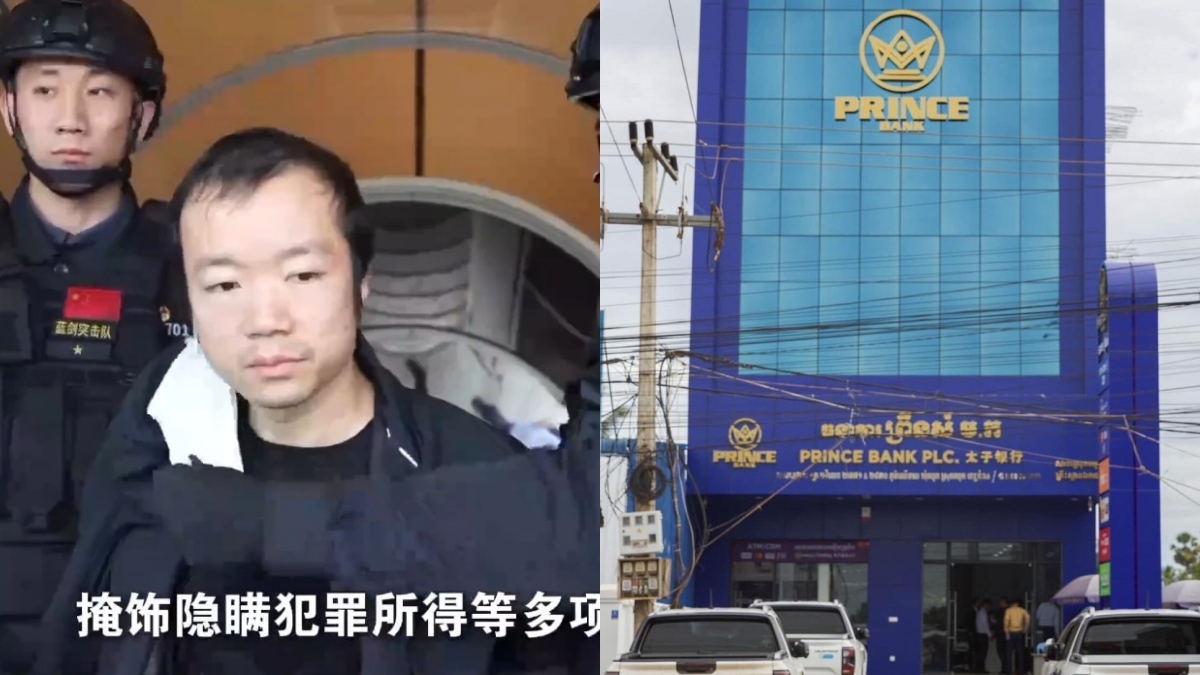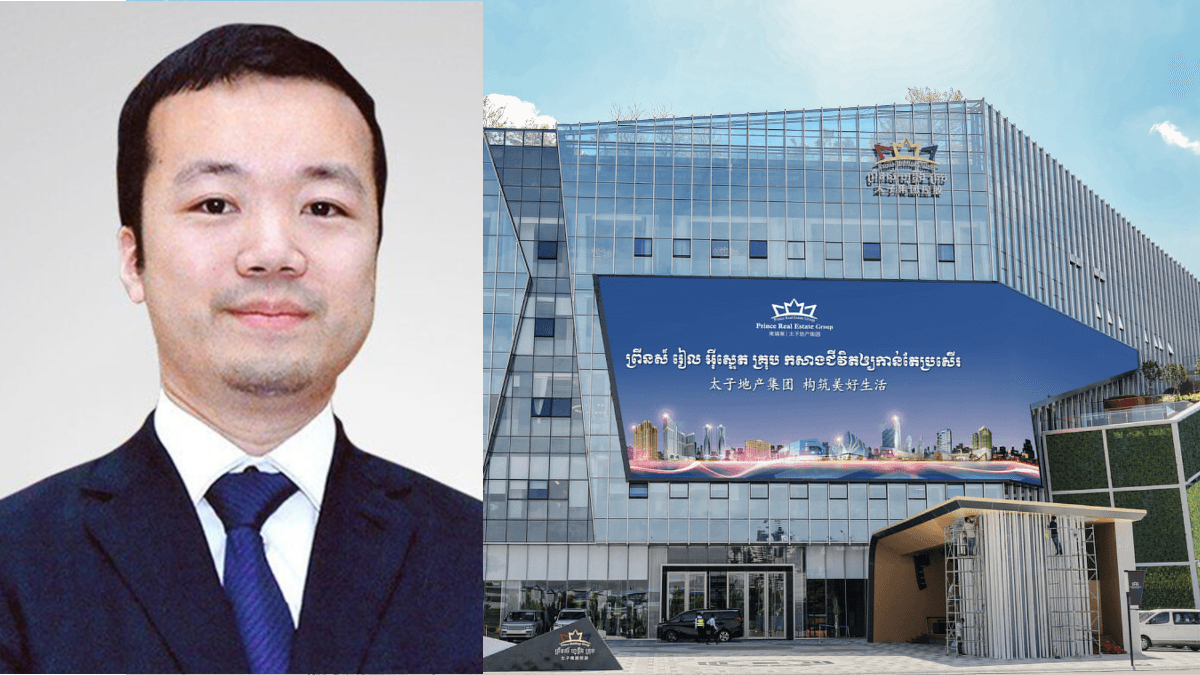Cambodian journalist Ouk Mao arrested amid crackdown on environmental reporting
Cambodian authorities have arrested journalist Ouk Mao, known for his environmental investigations, after he exposed a politically connected mining company’s land grab. The warrantless arrest highlights growing repression of journalists and activists under Prime Minister Hun Manet.
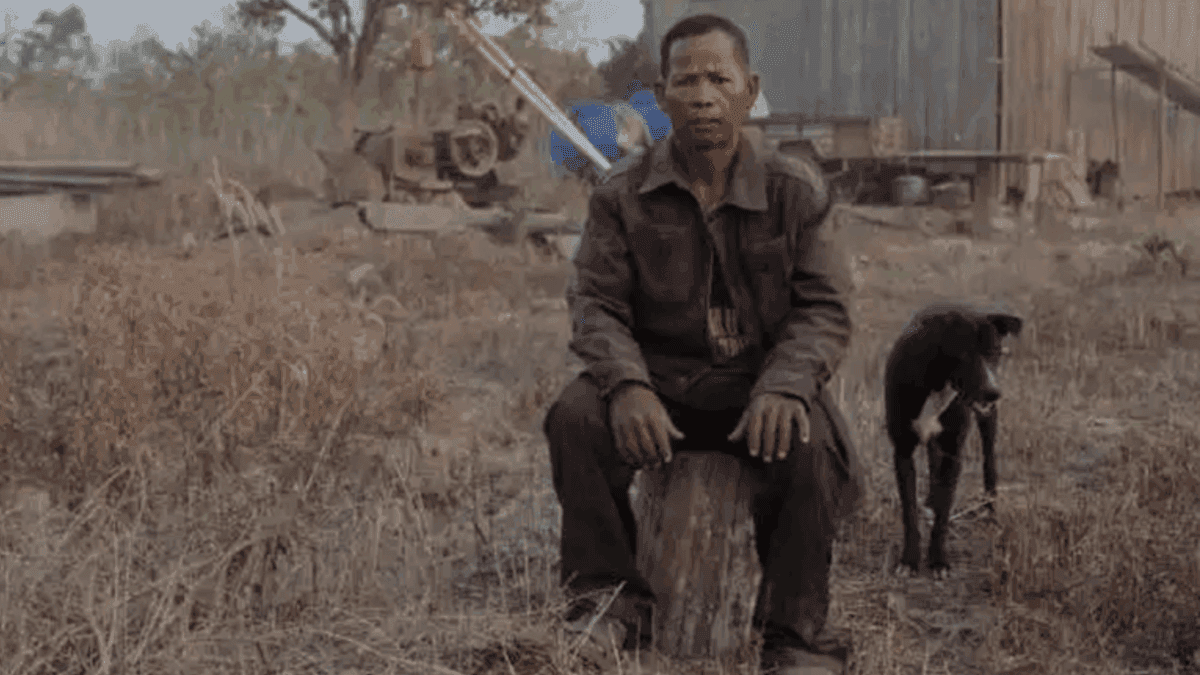
- Cambodian journalist Ouk Mao was arrested without a warrant by plainclothes military officers in Stung Treng province.
- Mao has faced 14 charges since 2024, linked to his reporting on illegal logging and land grabs by politically connected companies.
- The case forms part of a wider crackdown on environmental activists and journalists under Prime Minister Hun Manet.
Cambodian journalist Ouk Mao, known for his extensive reporting on environmental destruction and corruption, has been arrested without a warrant by plainclothes military officers in northern Cambodia.
The arrest, carried out on 5 September 2025 in Stung Treng province, has sparked condemnation from press freedom groups, who described it as part of a systematic crackdown on independent media and environmental activism.
According to Reporters Without Borders (RSF), Mao, aged 49, was detained by three officers in civilian clothing and taken to the provincial military police headquarters. RSF called the arrest “an escalation of a longstanding campaign of judicial persecution” against the journalist.
Mao’s wife, Ek Cheat, told Mongabay that the officers informed her husband that “their boss wanted to speak to Mao about a piece of land,” before leading him away. No warrant was presented at the time of arrest.
Investigations into land grabs and illegal logging
Mao works for Intri Plus News, an online media outlet with a strong following on Facebook. The platform specialises in governance, corruption, and environmental issues, often touching on politically sensitive topics.
In mid-2024, Mao began investigating land grabs and illegal logging connected to Lin Vatey, a mining company reportedly linked to senior Cambodian officials and their families. The company had been awarded rights to a large portion of the Phnom Chum Rok Sat community forest, threatening Indigenous ecotourism initiatives.
Despite facing judicial supervision and ongoing legal harassment, Mao continued reporting on forest destruction in the Prey Lang Wildlife Sanctuary, one of Cambodia’s largest remaining lowland evergreen forests. In March 2025, he was attacked by a group of men, allegedly including a former police officer, while documenting illegal logging. Part of the assault was recorded on video.
Longstanding judicial pressure
Mao’s arrest comes after a series of legal charges filed against him since September 2024. At that time, he was charged with deforestation and incitement, offences that carry potential prison sentences of up to ten years. Though not detained, he was placed under judicial supervision, which required him to report regularly to police authorities.
His next court appearance had been scheduled for 20 May 2025. Observers now believe his arrest may be linked to these earlier proceedings.
In February 2025, the Ministry of Environment filed additional complaints against Mao, accusing him of defamation and incitement. RSF reports that he is now facing 14 charges in total, all connected to his investigative reporting on environmental crimes.
Rising repression of activists and journalists
Human rights organisations have highlighted a growing pattern of repression in Cambodia, particularly targeting environmental defenders. Analysts note that the government of Prime Minister Hun Manet, which assumed office in August 2023, has adopted increasingly heavy-handed measures as the country’s dependence on Western aid has declined.
In July 2024, ten members of the environmental group Mother Nature Cambodia were sentenced to lengthy prison terms on charges of insulting the king and plotting to overthrow the government.
In November 2024, prominent activist Ouch Leng and five colleagues were detained while investigating illegal logging in Veun Sai-Siem Pang National Park.
A month later, journalist Chhoeung Chheng was fatally shot while reporting on deforestation in the Boeung Per Wildlife Sanctuary. In January 2025, British journalist Gerald Flynn, a Mongabay correspondent, had his visa revoked and was permanently banned from Cambodia for his environmental reporting.
International concern over shrinking press freedom
RSF has placed Cambodia near the bottom of its World Press Freedom Index, noting that the country has consistently tightened control over independent voices. The organisation described Mao’s detention as a severe violation of press freedom and called for his immediate release.
Human Rights Watch and other advocacy groups have similarly warned that Cambodia’s policies are creating a chilling effect, deterring both local and foreign journalists from investigating environmental crimes or corruption.
Conclusion
The arrest of Ouk Mao underscores the increasing risks faced by Cambodian journalists who document environmental destruction and challenge powerful interests. His case reflects a broader trend of escalating suppression of independent reporting and activism in the country.


